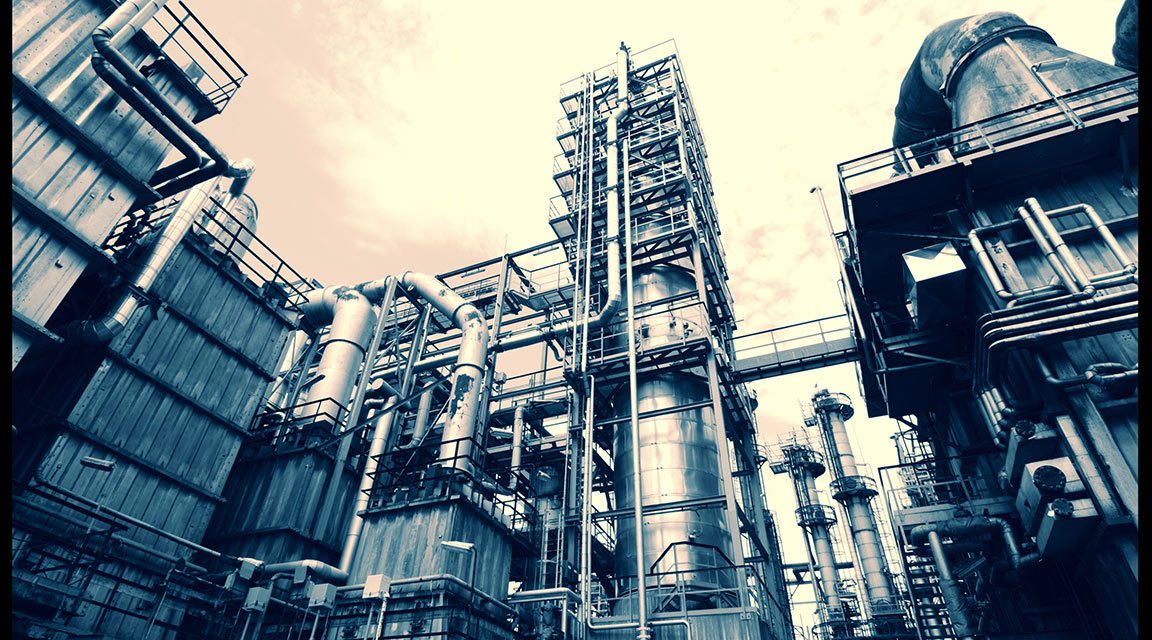

The CEO of Saudi petrochemical manufacturing company Tasnee says political intervention could help support growth in the country’s chemical sector.
Mutlaq al-Morished says Saudi Arabia’s petrochemical sector would benefit from being supplied naphtha at a discounted rate.
“At the moment, the chemical industry needs more feedstock and it’s not available,” he said in an interview. “The cost of the feedstock is going up and this is a big concern to the chemical industry.”
Al-Morished says companies like Tasnee will struggle to grow in Saudi Arabia unless the government intervenes to support the industry.
He says it would be beneficial for the “pricing of naphtha for the chemical industry [to be set] at a competitive price to offset logistics”.
He says the high price of feedstock in Saudi Arabia is driving investment abroad to locations including the US and China.
“It’s an industry where you have to have an advantage,” says Al-Morished. “You either have to have a feedstock advantage or market advantage.
“China has the market advantage. America has the market and the feedstock. It’s a different ballgame.”
For years, Saudi Arabia has been suffering from a shortage of natural gas, which is used as a feedstock by most of its older petrochemical facilities.
In 2014, the shortage of natural gas prompted the CEO of Saudi Basic Industries Corporation (Sabic) to say that his company was finding it hard to grow within Saudi Arabia. Sabic is 70 per cent owned by the Saudi government, and active in chemicals, intermediates, industrial polymers and fertilisers.
Since 2014, demand for gas in Saudi Arabia has increased significantly.
Speaking in December last year, Aramco chairman and Saudi Energy Minister Khalid al-Falih said the company was looking to import gas from overseas in order to ease the shortage.
Al-Falih said Aramco was considering a wide range of options and did not rule out buying LNG from Russia.
The shortage of natural gas has seen a number of companies shift to reliance on naphtha as the main feedstock for new petrochemical facilities.
Despite ongoing concerns about feedstock supplies, Saudi Arabia is still expected to become the world’s second-biggest ethylene producer after the US by 2020, according to Amsterdam-based trade credit insurer Atradius.
You might also like...

Iraq signs deal to develop the Akkas gas field
25 April 2024

Emaar appoints beachfront project contractor
25 April 2024

Acwa Power signs $356m Barka extension
25 April 2024

AD Ports secures Angola port concession agreement
25 April 2024
A MEED Subscription...
Subscribe or upgrade your current MEED.com package to support your strategic planning with the MENA region’s best source of business information. Proceed to our online shop below to find out more about the features in each package.




